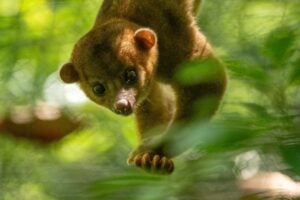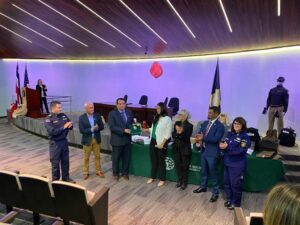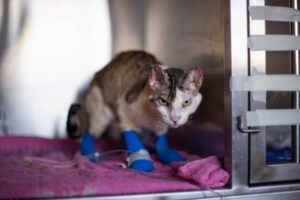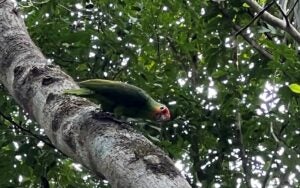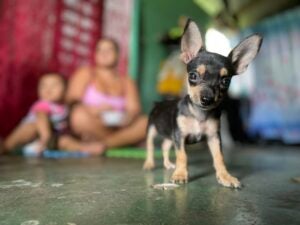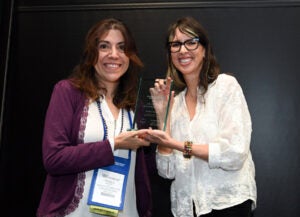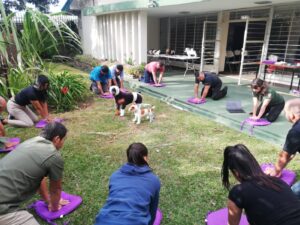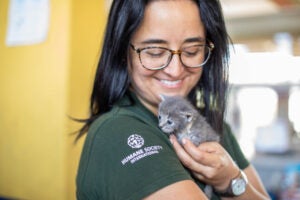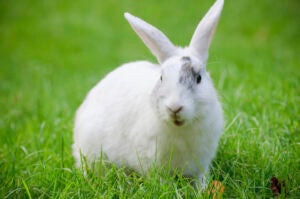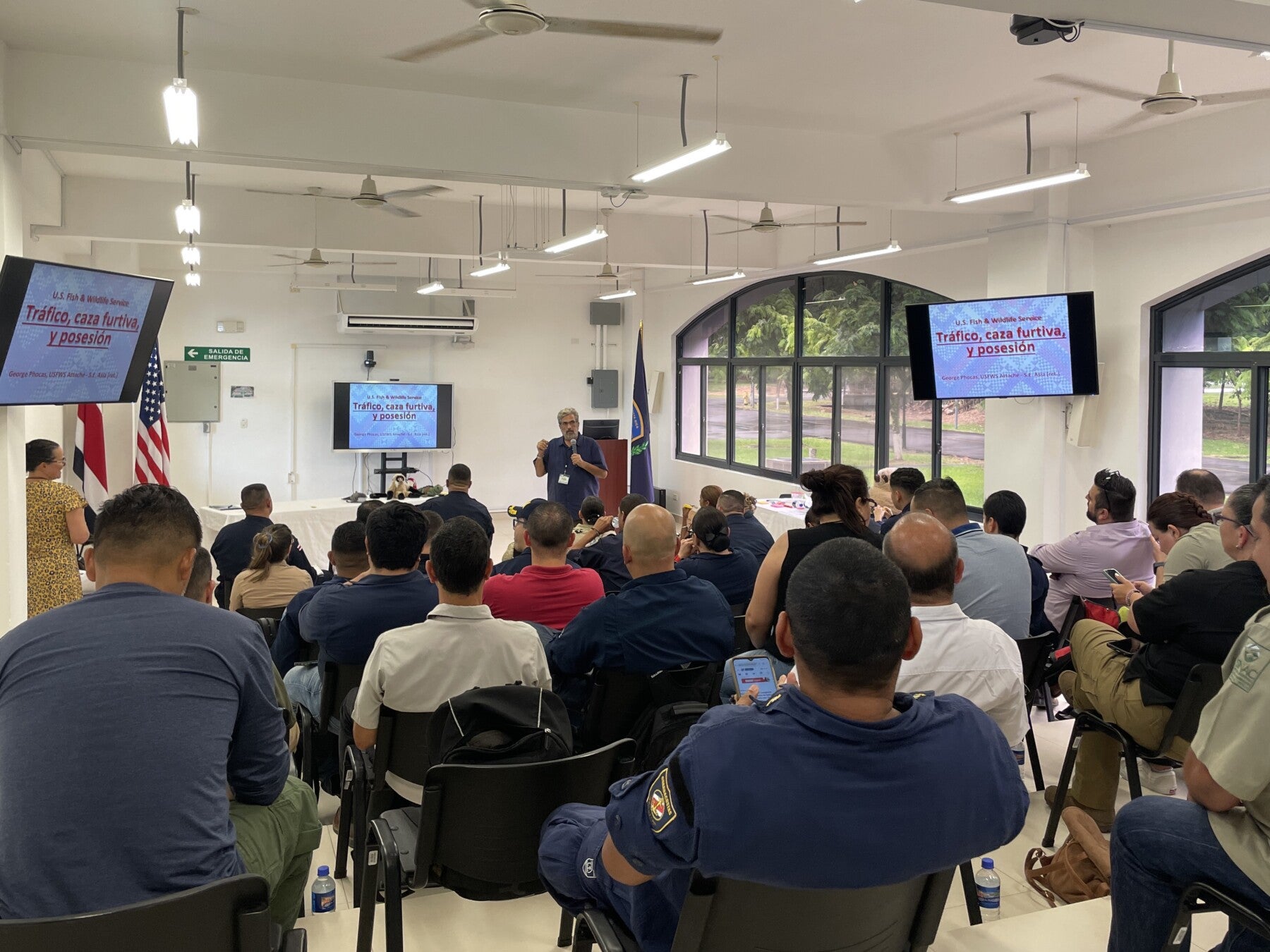
SAN JOSE— This week, top officials from national judicial bodies and ministries convened at the National Police Academy in Pococi, Limon Province, to intensify their fight against the illicit trade ravaging Costa Rica’s native wildlife. Backed by Humane Society International, the four-day training is a direct response to the escalating plunder and trade of wildlife species.
Wildlife trafficking has become not only a threat to hundreds of species but also one of the most lucrative illegal trades in the world, with an annual value of up to USD 20 billion. Animals such as glass frogs and beetles are increasingly illegally extracted from the Costa Rican rainforest to be paraded as exotic pets while birds, sea turtles and butterflies are killed to turn their parts into trinkets.
“Latin America is a region with a great diversity of species and, in particular, Costa Rica is considered ‘megadiverse.’ This generates a spotlight on wildlife, which becomes a resource under pressure due to human action. Wildlife trafficking in this region is a considerable threat to our biodiversity,” said Jose Pablo Gonzalez, deputy environmental prosecutor and National Environmental Security Commission coordinator.
Enhancing coordination among law enforcement agencies and hands-on drills to identify wildlife crimes at airport checkpoints were some of the topics addressed at the second workshop of the series “Combating wildlife trafficking in Costa Rica and its manifestations at the regional and national level.”
More than 40 representatives of national authorities gathered to ramp up efforts in investigating and prosecuting wildlife crime originating or transiting through Costa Rica, including officials from the Ministry of Public Security and the Ministry of Environment and Energy, the Judicial Investigation Agency and its Forensic Sciences Laboratory, the Attorney General’s office, and the National Animal Health Service.
This series of workshops, as well as a previous donation of specialized equipment, are part of a project funded by the United States Bureau of International Narcotics and Law Enforcement Affairs and administered by Humane Society International/Latin America, in coordination with Costa Rica’s National Environmental Security Commission. The workshops were organized by the International Fund for Animal Welfare.
“At HSI, we view wildlife trafficking as a major threat to species around the world, including endangered ones. These animals suffer greatly and end their days as pets, decorations or souvenirs, and this is unacceptable. Therefore, we are pleased to support authorities in their investigation and prosecution efforts to reduce wildlife trafficking that originates or transits through Costa Rica,” said Andrea Borel, HSI/Latin America executive director.
“Wildlife trade encourages other illegal activities, is extremely cruel to animals, and represents a risk to human health. For this reason, we are very grateful and honored to collaborate with Costa Rican authorities in improving their capacities to combat this environmental crime,” said Joaquin de la Torre, IFAW’s regional director for Latin America and the Caribbean.
ENDS
Media contact: Alejandra Zuniga, alezuniga@outlook.com

